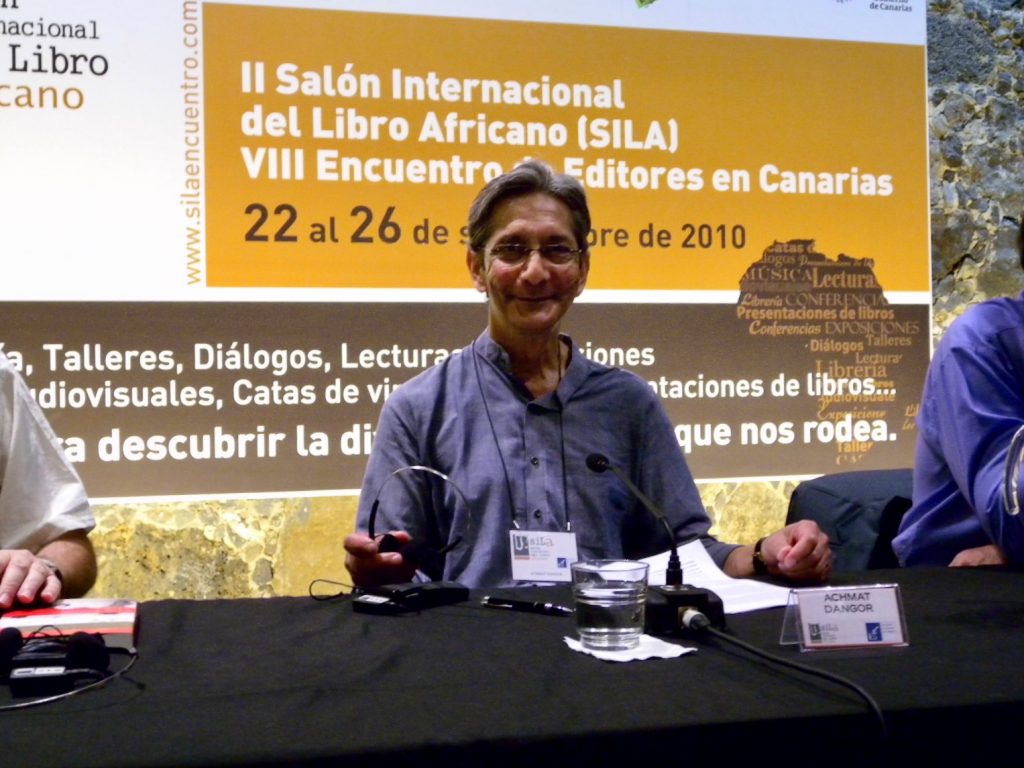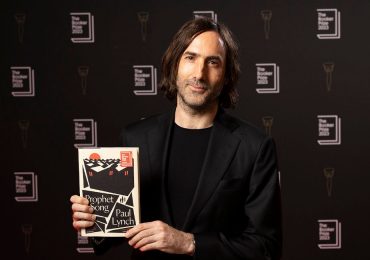Achmat Dangor, one of The JRB’s founding Patrons, died in September. Ben Williams remembers him.
It is a year of elegies, and somehow the acute horrors of 2020 have brought out the best in those left to lead our mourning. At the memorial services, quilted together across time zones via Zoom screens, the speeches are doubly stark and spare, triply wry and wistful. Laughter comes from deeper down, nearer to the diaphragm; tears wobble universally on all the close-up faces.
We learn repeatedly, but do not accept, that during this pandemic time has stopped but death has not.
We do not accept, for example, that we won’t hear, again, Achmat Dangor’s puckish, soft-spoken voice, dispensing humour and wisdom in equal measure to those leaning in to catch his words.
If ever a writer possessed the vocal equivalent of a steel fist in a velvet glove, it was Achmat, who died on 6 September. The sheer scope of the man’s life—he was banned in 1973 by the apartheid state; he wrote a Booker Prize-shortlisted novel; he led the Nelson Mandela Foundation as its CEO; he was a dedicated and beloved father, husband and brother—might have burdened him with the standing of an unapproachable giant, but he wore his experience so lightly that you hardly realised how he apprenticed you each time you interacted with him.
I counted Achmat as a friend and was lucky enough, once, to have his company all to myself.
We had been invited to a literary conference on the Spanish island of Tenerife, off Africa’s north-west coast. I was there to cover it, he was there to deliver the keynote speech, which he’d entitled ‘Literature and Revolt’. This was a decade ago; he talked, in his speech, about black South African writing as still emerging from the imaginative limitations imposed by both the continuous struggle against apartheid and the leaden strangle that was Bantu Education. He predicted a new generation of black writers would rise up and capture an audience ‘that we “establishment” writers have been trying to get to for years’. Achmat was, among other things, a sage—how wonderfully right he was in this prediction (which has years and years to run in its fruition).
Something Achmat never did was don the mantle of his first vocation, that of a writer, without the utmost seriousness—even if he disguised it with his trademark playfulness. This is not to say, of course, that he wasn’t also delightful company when in full literary mode. One of the evenings, after the day’s programme had concluded, the two of us went for a stroll around Puerto de la Cruz, the town where we were staying. We looked in on shops and markets, passed desultory comment on some of the writers at the festival (a brave and outspoken Equatoguinean, Juan Tomás Ávila Laurel, had made an especial impression), sat on a bench and enjoyed the exotic gathering gloom of foreign islands, the murmurings of people on their nightly errands, the bustle of a town settling down.
Just me and one of Africa’s—the world’s—baobabs, chatting into the dusk, until we retired to our hotel. I’ve never lost the warm memory of that night.
Years later, Achmat agreed to be a founding patron of The JRB; the honour was all ours.
The current CEO of the Nelson Mandela Foundation, Sello Hatang, closed Achmat’s memorial service from the foundation’s headquarters in Houghton. He stood at the podium in the auditorium where the Foundation holds its events—now a hollow place, bereft of people—and spoke movingly about his predecessor. Viewing the auditorium on my screen, I recalled the contrasting scene the last time I saw Achmat. It was at the same venue; we were attending a book launch at the Foundation, so boisterously full at the time, and were leaving early, scattering off to our families.
We made small talk, heading to the darkened street where our cars were parked. As we split up, he raised his hand to wave farewell and was briefly illuminated by the headlamps of a passing car.
‘See you again,’ he said.

- Ben Williams is the Publisher. This article originally appeared in the Daily Maverick.






One thought on “Remembering Achmat Dangor”